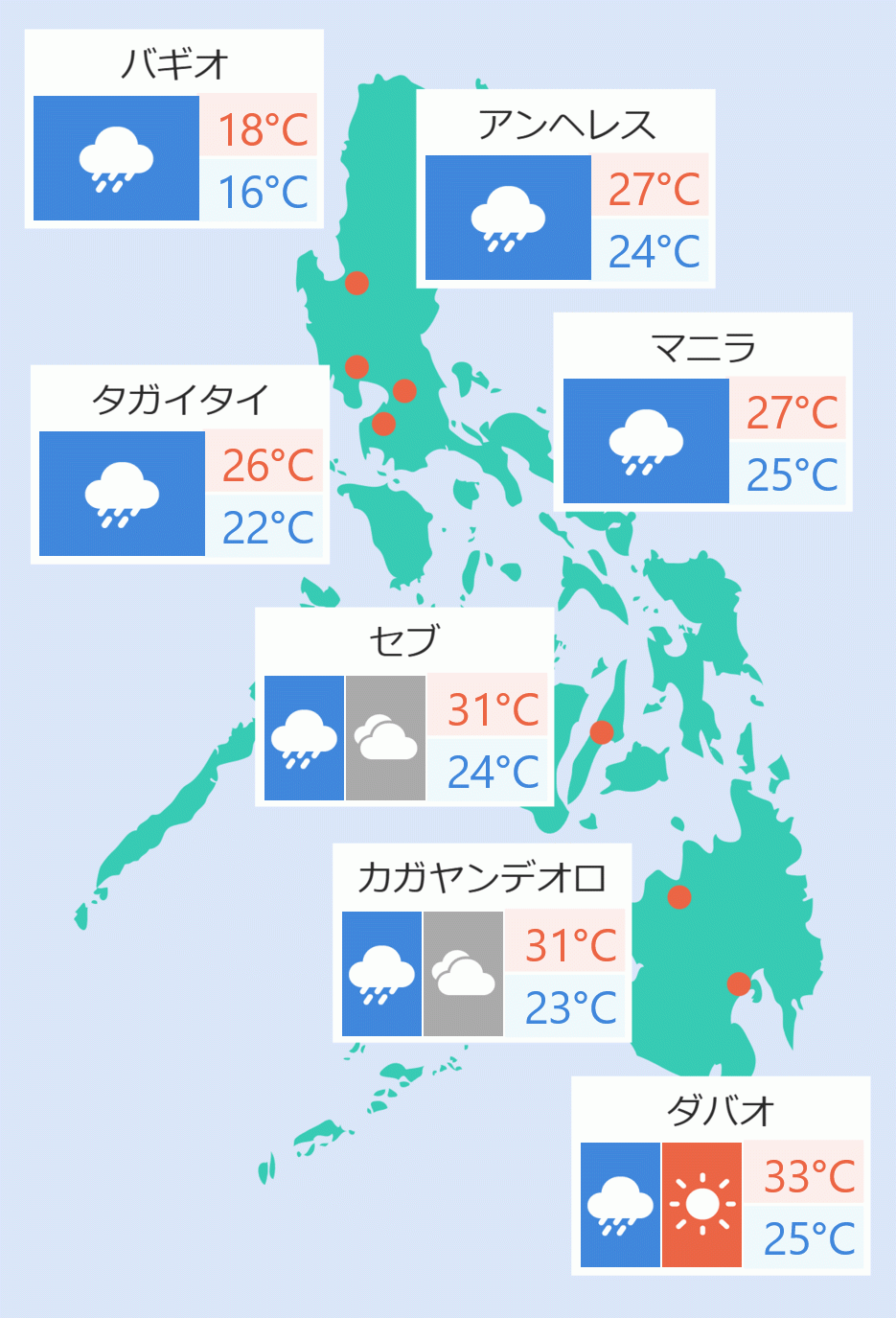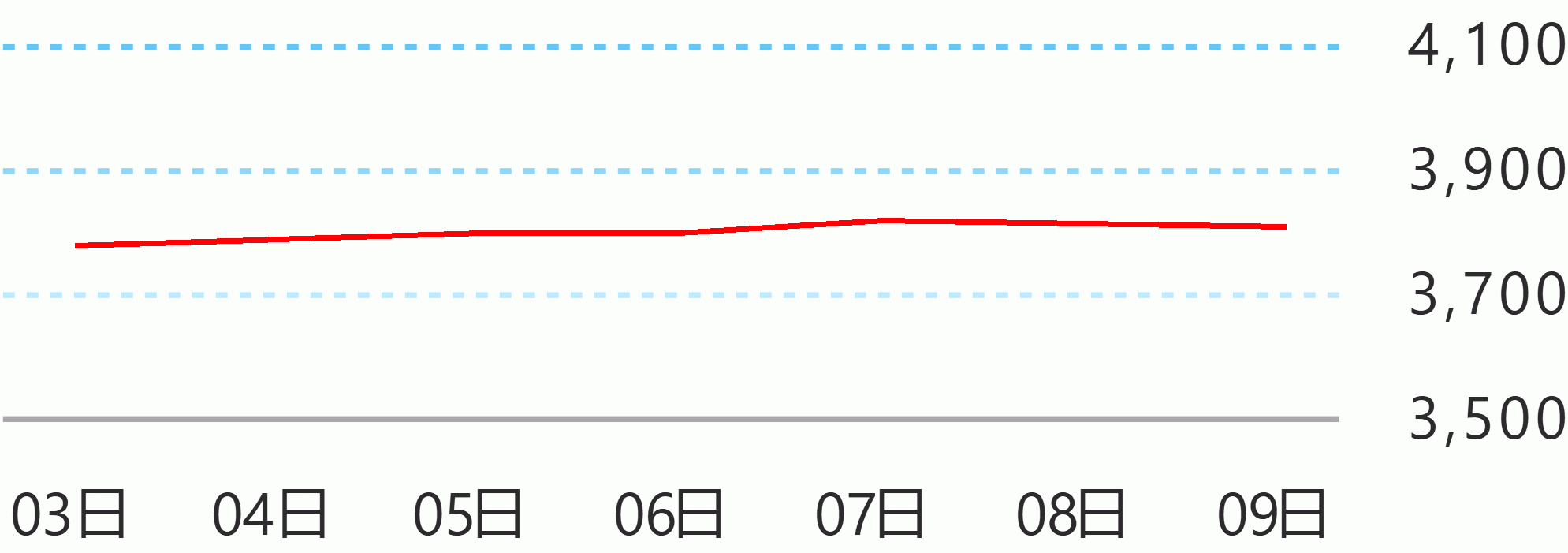President Rodrigo Duterte won the 2016 elections fair and square, Malacanang said on Tuesday.
Presidential Spokesperson Harry Roque, in a statement, said Duterte's camp did not engage two years ago the services of British political consulting firm Cambridge Analytica, which has been recently accused of improperly sharing data of millions of Facebook users, including that of Filipinos.
"The president won the election fair and square with an overwhelming mandate of over 16 million votes and a margin of over six million," he said.
He said Duterte was supported by all sectors, not just from Facebook or online.
"The Duterte campaign did not have to purchase information," Roque stressed.
He also said Finance Secretary Carlos Dominguez III, who acted as the treasurer during Duterte's campaign, assured he did not pay anything to Cambridge Analytica nor did he transact with that firm.
Cambridge Analytica reportedly illegally shared the data of 87 million Facebook users. About 1.2 million, who have FB accounts are Filipinos.
The issue became more controversial when a May 2015 photo came out, showing then Cambridge Analytica board of director Alexander Nix was with Duterte's campaign team.
The South China Morning Post published Nix's picture with cousins Peter Lavi?a and Jose Gabriel "Pompee" La Vi?a, then National Press Club president Joel Sy Egco, and Taipan Millan, reportedly a family friend of the Dutertes.
Egco is now an undersecretary of the Presidential Communications Operations Office.
"We should respect the President’s landslide victory, which was a result of the trust and confidence of the Filipino people, and not undermine it with unsubstantiated allegations," Roque said.
Republic Act No. 6388 or the Election Code of 1971, states that it is unlawful for any person, political party or public or private entity to solicit or receive, directly or indirectly, any aid or contribution of whatever form or nature from any foreigner or foreign government for political purposes.
Any one found guilty of a serious election offense shall be punished with imprisonment of not less than six years and one day but not more than 12 years; and any one guilty of a less serious election offense, with imprisonment of not less than one year but not more than six years.
The law also prescribes that a guilty party shall be sentenced to suffer disqualification to hold a public office and deprivation of the right of suffrage, and to pay the costs, among others. Celerina Monte/DMS





 English
English









